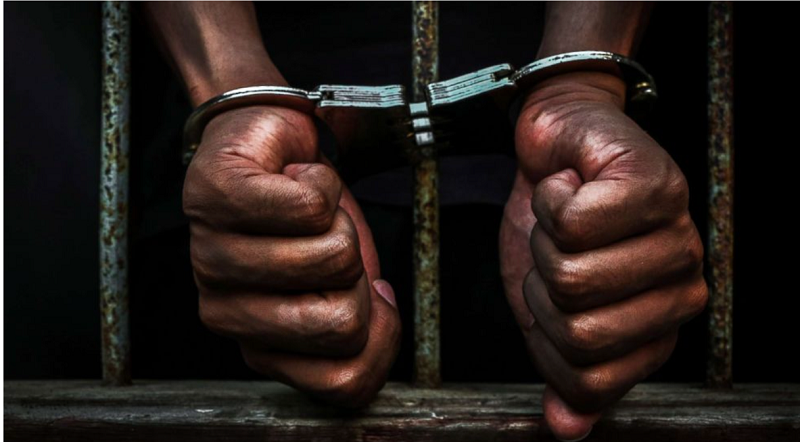
Mass incarceration of African Americans is a significant and complex issue in the United States, deeply rooted in historical and systemic factors. This workshop on Mass Incarceration of African American Men will be for three hours of general content hours and is appropriate for both undergraduate and advance clinical practice. Here are some key points we will review.
Historical Context: The disproportionate incarceration of African Americans has historical roots dating back to the post-Civil War era. After the abolition of slavery, laws and practices such as Black Codes and Jim Crow laws were implemented to control and criminalize the newly freed Black population1.
War on Drugs: The policies from the 1980s, particularly the War on Drugs, significantly contributed to the rise in incarceration rates. African Americans were disproportionately targeted and sentenced for drug offenses, often receiving harsher penalties compared to their white counterparts.
Racial Disparities: African Americans are incarcerated at rates significantly higher than white Americans. For example, Black Americans are nearly five times more likely to be imprisoned than white Americans3. This disparity is evident at every stage of the criminal justice system, from policing to sentencing2.
Impact on Communities: Mass incarceration has profound effects on African American communities, including economic disadvantages, disruption of family structures, and long-term social stigma. The imprisonment rate for African American women is also notably higher than that for white women.
Current Trends: While there has been some progress in reducing the overall prison population, racial disparities remain stark. programs. Understanding these dynamics is crucial for addressing the broader issues of racial inequality and social justice
Participants will increase awareness of the disparities and disproportionality in the criminal justice system based upon race.